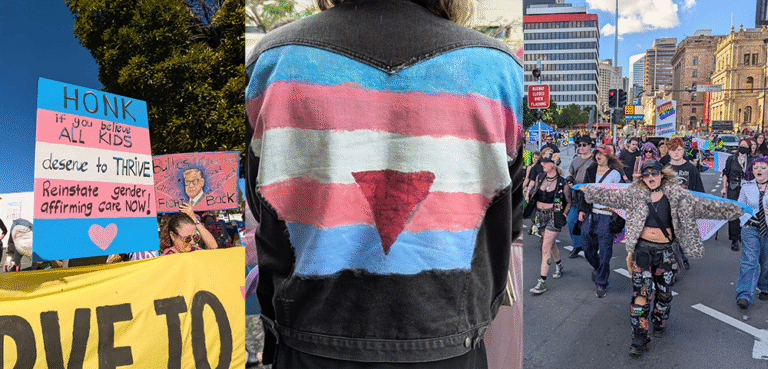
Belize decriminalises homosexuality in landmark ruling
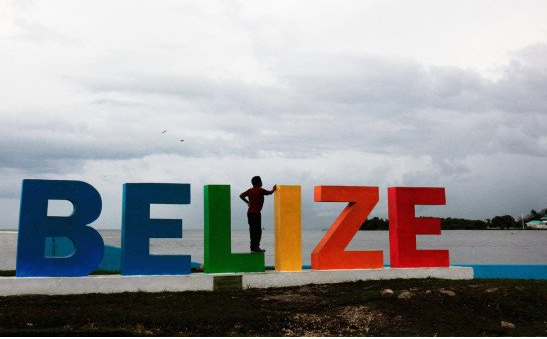
BELIZE has become the first Caribbean country to overturn anti-sodomy laws after its Supreme Court made a historic ruling.
Activist Caleb Orozco challenged the law in 2010 saying it infringed on the Protections of the Fundamental Rights and Freedoms of the individual guaranteed by Belize’s constitution, but was not successful.
Located on the eastern side of mainland Central America, Belize’s population of about 330,000 people are deeply religious and advocates said although the anti-sodomy laws were not always enforced Belize, the simple presence of the law has contributed to harmful effects in broader society where the highly religious public is openly hostile towards LGBTI people.
The matter was brought to the court again in 2013, but was finally overturned earlier this week.
“The decision today is deeply fulfilling, I am elated for myself, but more so for all of LGBTIQ people in Belize,” Orozco said.
“The Supreme Court set a historic precedent in the country, and in the Caribbean more widely, by upholding the dignity and equality of all citizens regardless of their sexual orientation. Though I know much has yet to be done to change attitudes in my country, this is a momentous step, and I could not be more proud.”
Orozco faced ongoing discrimination and assault since he first filed his complaint in 2010 including; being beaten over the head with a metal rod and having his teeth broken.
The word “Orozco” has even been added to the list of homophobic slurs yelled at gay men on the streets. Despite the personal attacks, Orozco recognized the importance of the case for the LGBTIQ community in Belize.
“Taking the case to court was a call to action for the LGBTIQ community in Belize and beyond,” he said.
“The community started coming together and organising, recognising that standing in silence and allowing injustices to prevail could no longer be the norm.
“We had support from so many people from within the country and internationally; this victory is all of ours to share. We have won in so many ways; we are stronger than ever before, but we are nowhere near done.”
Caleb Orozco is a hero of the global queer movement who led fight in Belize for equality – an Olympian of LGBTI human rights @UNIBAMSupport
— Matthew Waites (@MatthewWaites) August 10, 2016
Caleb Orozco wins case in Belize. Criminalising LGBT intimacy violates the constitution – Caleb is a hero for 21st century – respect & love
— Jonathan Cooper (@JonathanCoopr) August 10, 2016
In the groundbreaking decision, the court also extended its positive ruling to declare that the definition of “sex” in the Constitution, outlining anti-discrimination, also includes sexual orientation and Section 53 of the Criminal Code will be amended to exclude penalty of sexual acts between two consenting adults of the same gender.
Today’s decision is a landmark moment in Belizian history, and for the Caribbean, but advocates say much work needs to be done to ensure other countries follow suit.
“We are hopeful that this will contribute to a shift in the Caribbean as a whole, where 10 countries still have remnants of colonial sodomy laws,” Kenita Placide, Caribbean Advisor of OutRight Action International said.
“But the laws are only part of what needs to change. We need a stronger movement across the region that can push for a change in societal attitudes. This historic win will push us forward.”
Maria Sjodin, Deputy Executive Director of OutRight Action International said: “The court ruling in Belize means that the number of countries that criminalize same-sex behaviour is now down to 72, and hopefully this downward trend can continue. But it is important to remember that laws are only part of what impacts people’s lives – the fight to change societies must continue worldwide and this can only happen with strong LGBTIQ movements.”
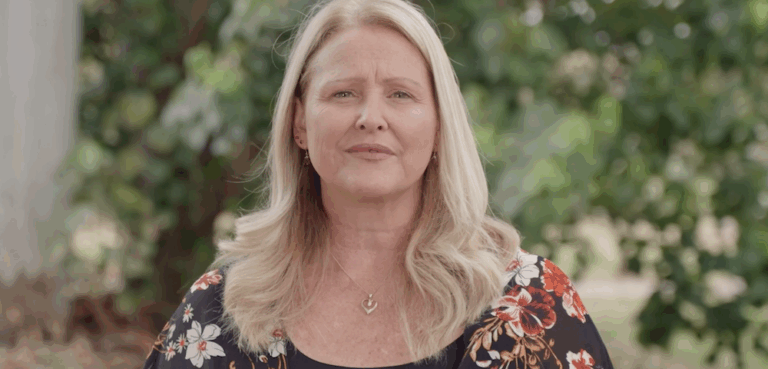
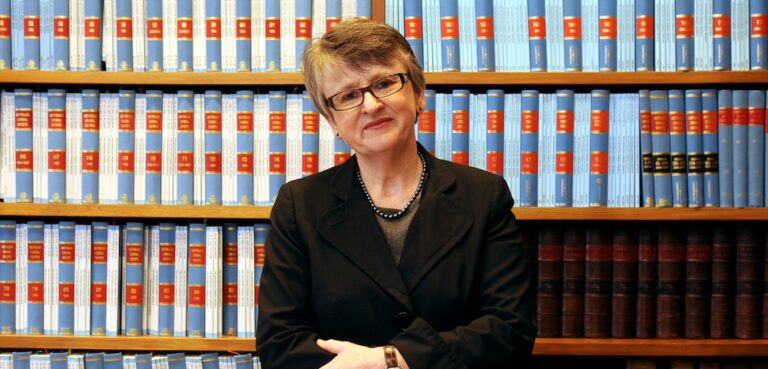
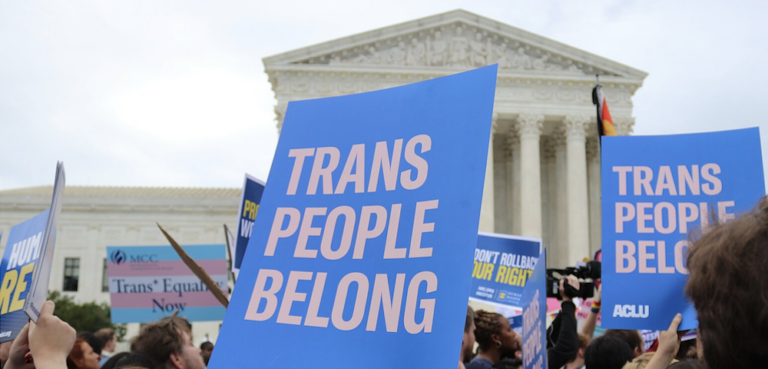


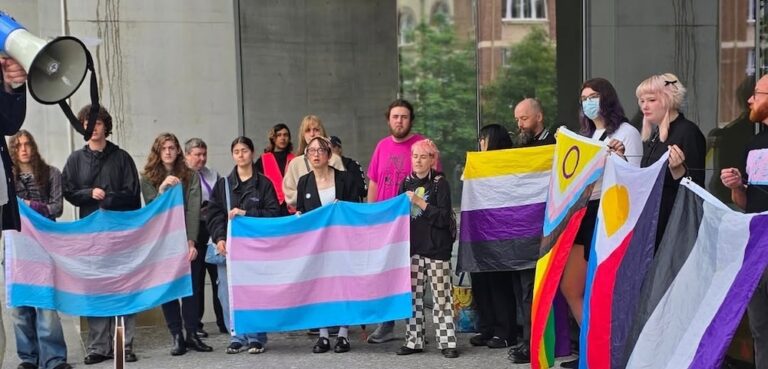
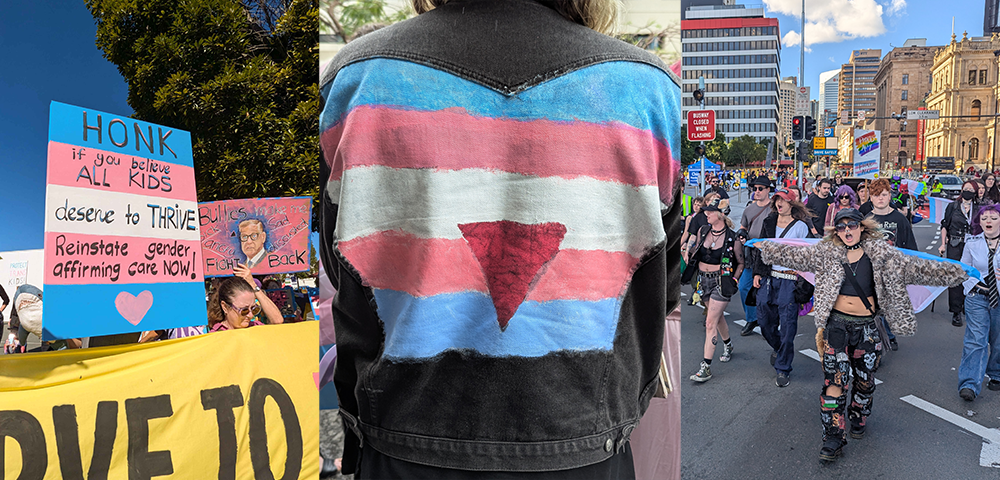
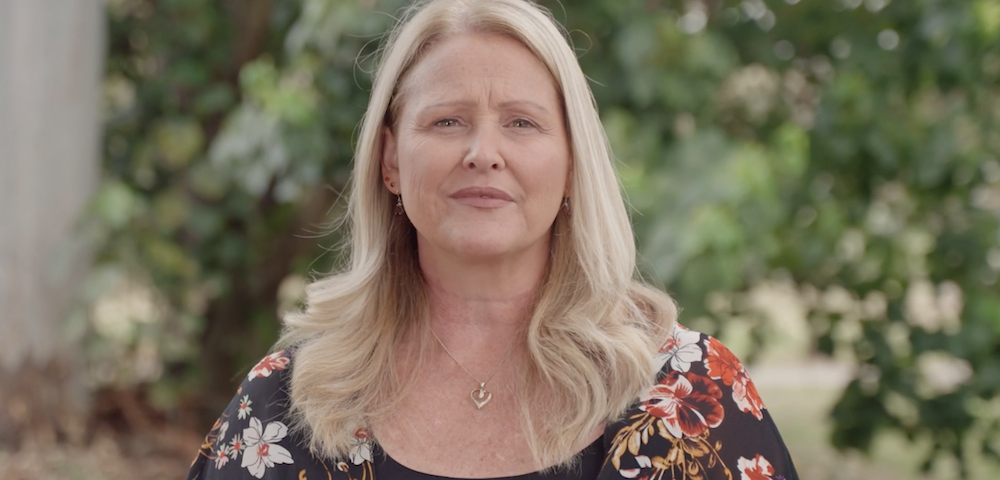
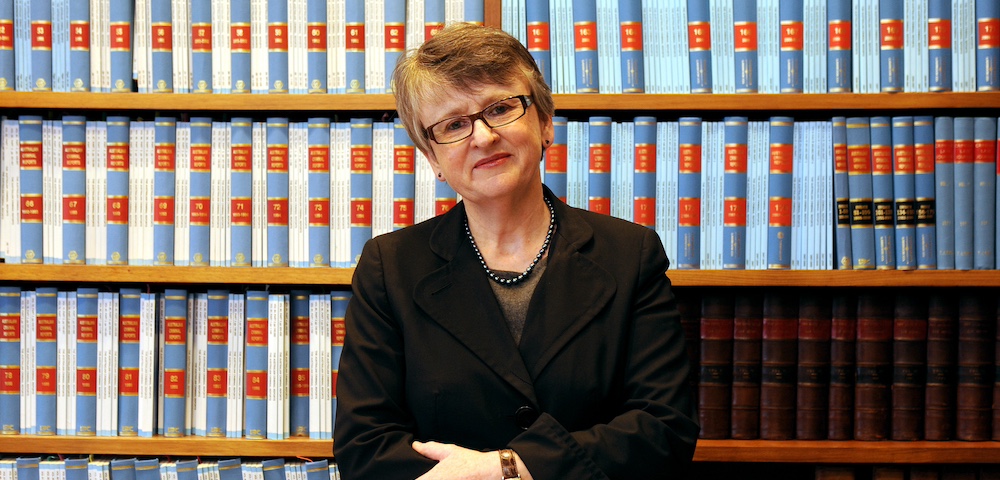


The Tasmanian Toonan case of 1994 helped to. That diacrimination on the basis of sex includes sexual orientation too. That set the precedents in case law. Let’s just hope this does not get overturned like it did in India.
Long Overdue!
I Belize BIGLT people there must be very happy